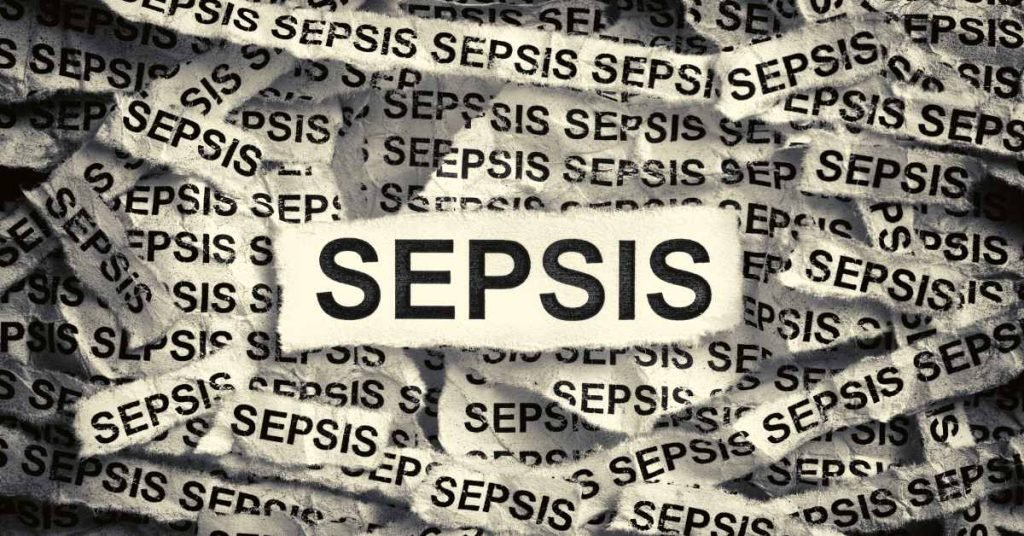Sepsis (blood poisoning), a life-threatening condition triggered by the body’s extreme response to an infection, remains a significant global health challenge.
It is characterized by widespread inflammation, organ dysfunction, and, in severe cases, multiple organ failure.
The search for adjunctive therapies to complement conventional sepsis treatment has led researchers to explore the potential benefits of various natural compounds, including tea.
This article delves into the complex relationship between tea and sepsis, examining the bioactive components of tea, their potential mechanisms of action, and the existing scientific evidence supporting the role of tea in sepsis management.
Tea and Its Bioactive Components

The primary types of tea—green, black, white, and oolong—all originate from the same plant, Camelia sinensis, but they undergo different processing methods, leading to variations in taste, color, and chemical composition.
These teas contain numerous bioactive compounds, including polyphenols, catechins, flavonoids, and alkaloids, each of which possesses potential health benefits.
Mechanisms of Action: Several mechanisms have been proposed to explain the potential benefits of tea in sepsis management:
Anti-Inflammatory Effects: Tea polyphenols, especially the catechin epigallocatechin gallate (EGCG) found in green tea, have demonstrated anti-inflammatory properties by modulating various inflammatory signaling pathways. They may suppress the production of pro-inflammatory cytokines, thereby attenuating the excessive immune response seen in sepsis.
Antioxidant Activity: The high concentration of antioxidants in tea can help counteract oxidative stress, which plays a critical role in the pathophysiology of sepsis. These antioxidants scavenge free radicals, reducing cellular damage and promoting cell survival.
Immune Modulation: Tea compounds have the potential to regulate immune responses, aiding in the restoration of immune balance. This modulation may prevent immune system dysregulation and subsequent tissue damage during sepsis.

Vascular Function: Tea consumption has been linked to improved vascular health, which is crucial in sepsis management. Tea polyphenols may enhance endothelial function and maintain blood vessel integrity, reducing the risk of microvascular dysfunction and subsequent organ damage.
Scientific Evidence
While the potential benefits of tea in sepsis management are intriguing, it’s important to note that research in this area is still in its infancy, and more studies are needed to establish definitive conclusions.
Several preclinical and limited clinical studies have explored the effects of tea and its components on sepsis-related parameters:
- A study published in the “Journal of Medicinal Food” (2018) demonstrated that EGCG-rich green tea extracts reduced inflammation and improved survival rates in a mouse model of sepsis.
- Research in the “Journal of Inflammation” (2019) indicated that tea catechins, including EGCG, exhibited anti-inflammatory effects by suppressing the production of inflammatory molecules.
- A clinical trial published in “Nutrients” (2020) suggested that tea consumption was associated with improved outcomes in patients with sepsis, possibly due to its antioxidant and anti-inflammatory effects.
Final Word

The potential benefits of tea in sepsis management are promising, with its bioactive components offering anti-inflammatory, antioxidant, and immune-modulating properties.
While preliminary studies have shown positive results, further research, including well-designed clinical trials, is necessary to establish tea’s role as an adjunctive therapy for sepsis.
As we continue to unravel the intricate relationship between tea and sepsis, healthcare professionals should remain cautious but open to the potential benefits of incorporating tea into sepsis management strategies.
MEDICAL DISCLAIMER
Itsnevernotteatime.com cannot and does not contain medical/health advice. The medical/health information is provided for general and educational purposes only and is not a substitute for professional advice.




